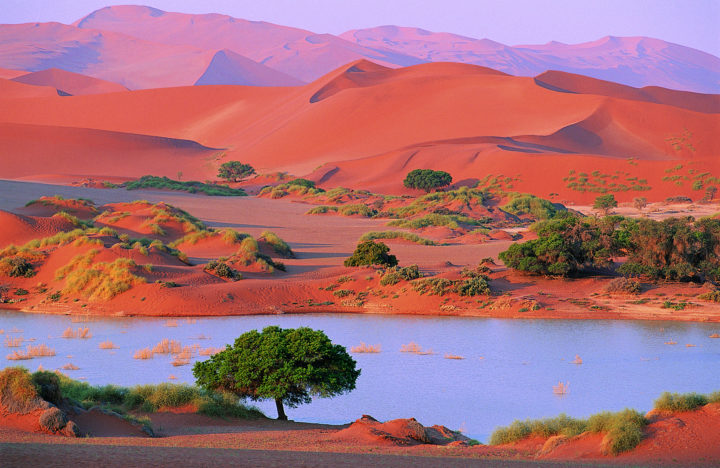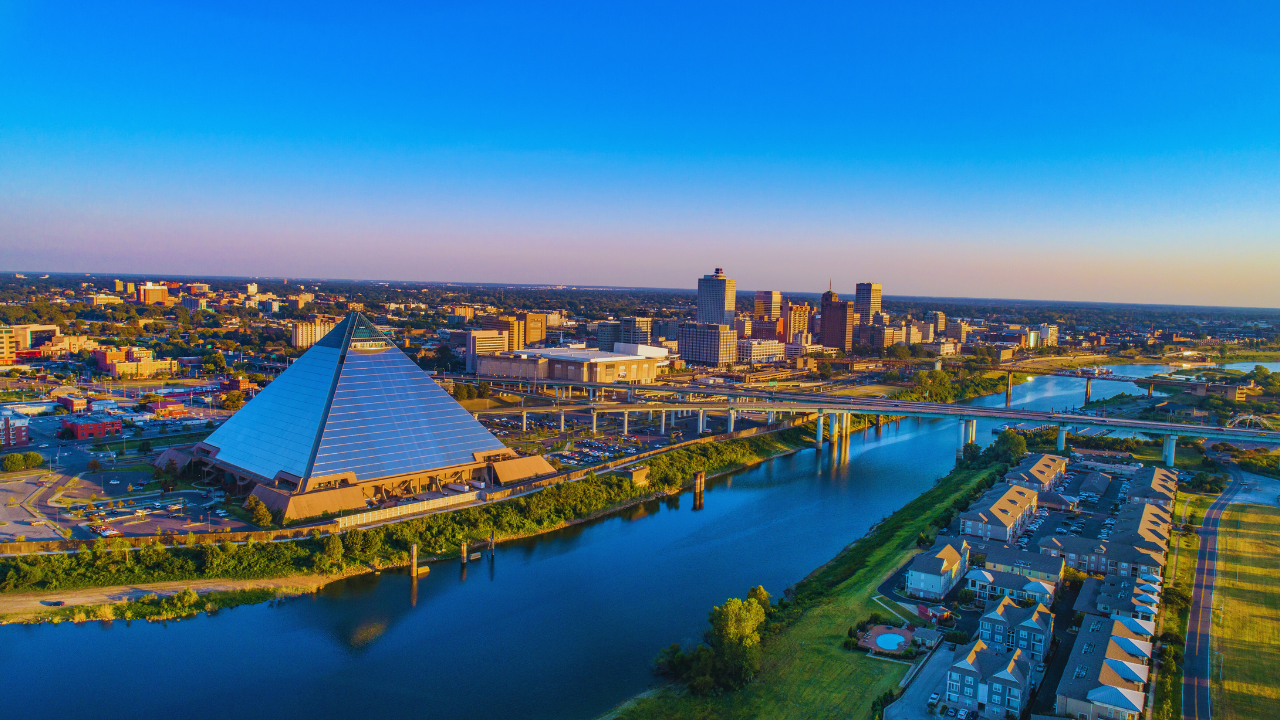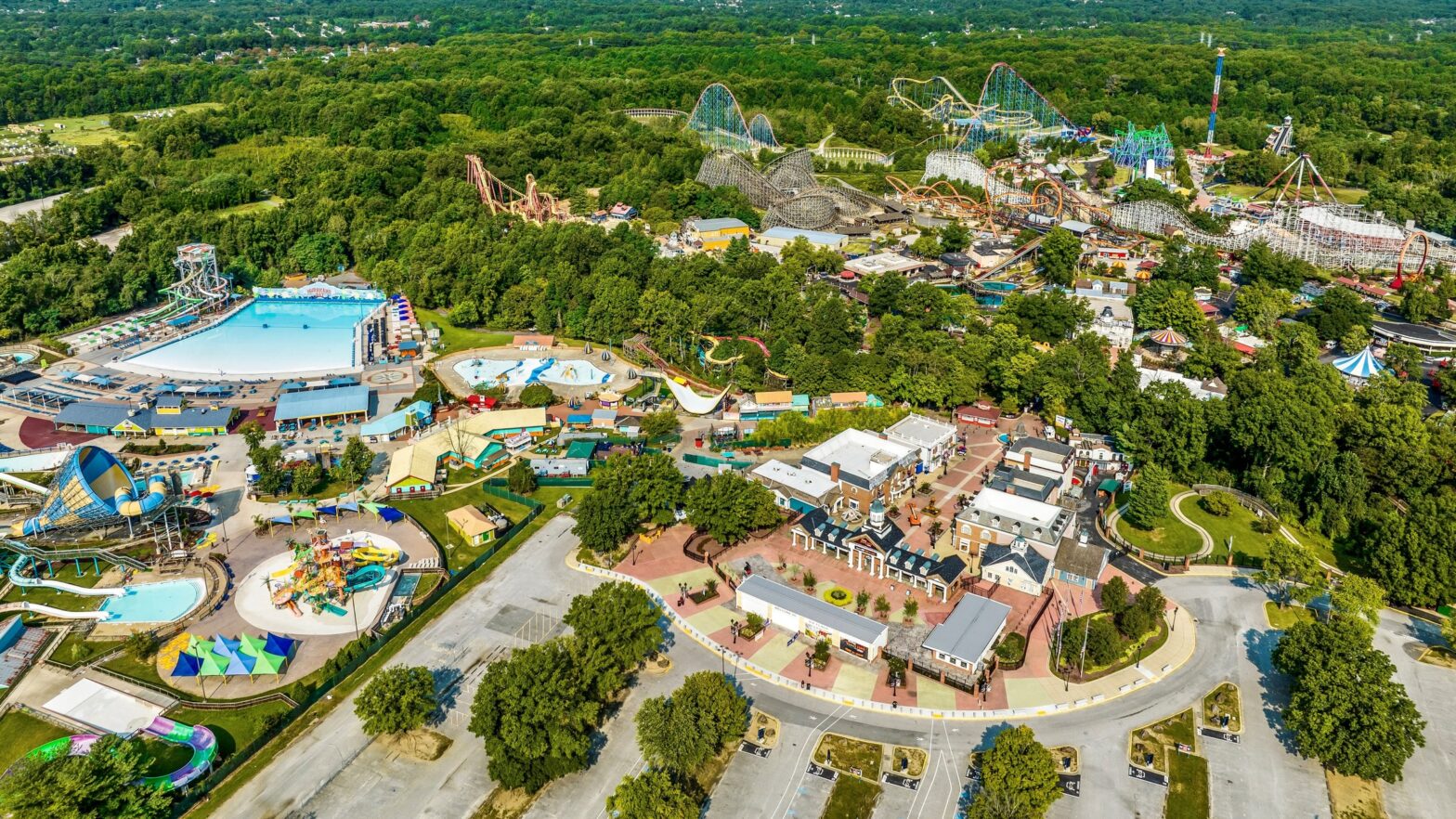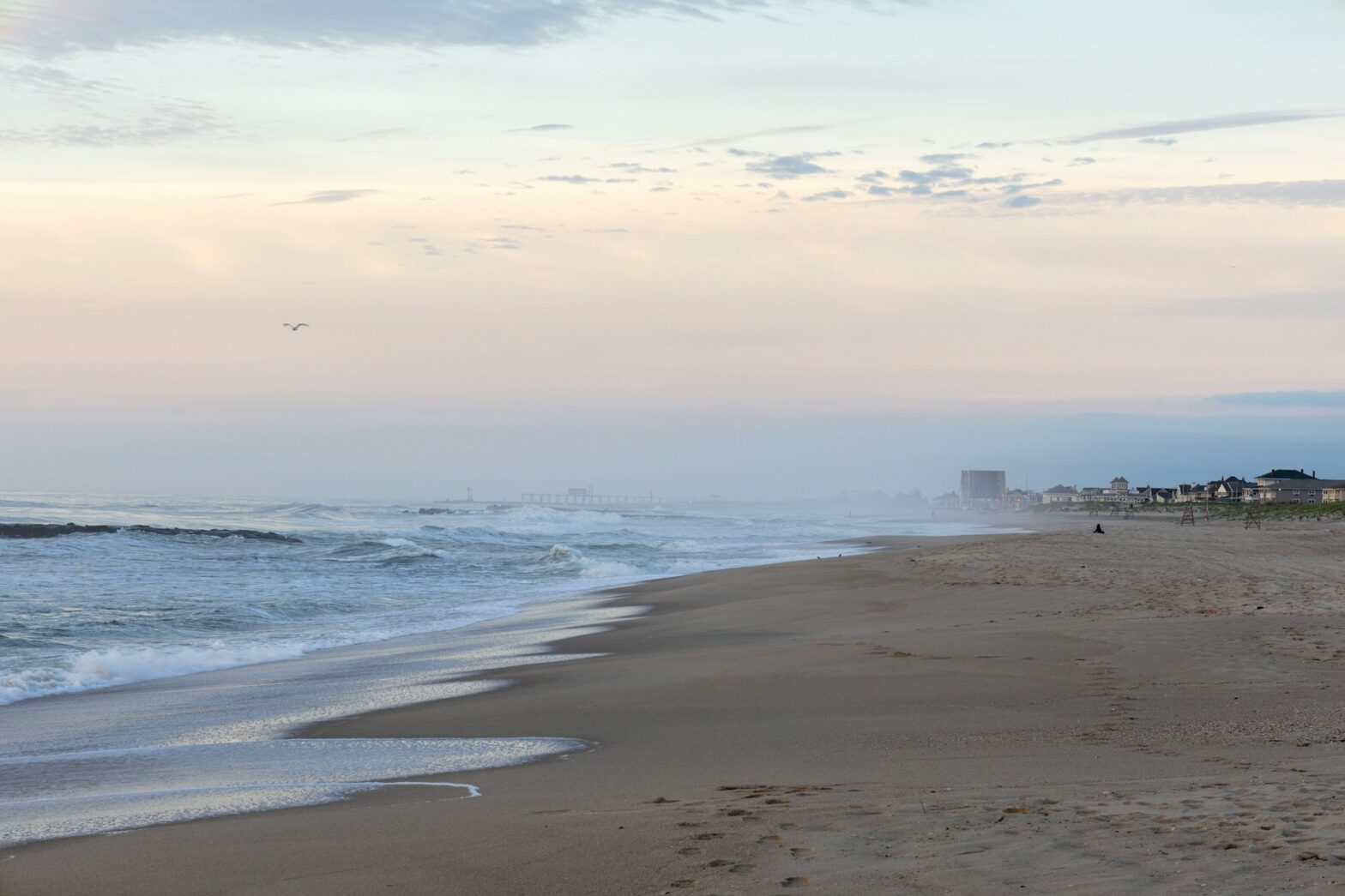Namibia is a land of surreal beauty. It’s a destination that beckons intrepid travelers from around the world. With diverse landscapes, from the red dunes of the Namib Desert to the rugged Skeleton Coast, this southwestern African country is a haven for nature enthusiasts and adventure seekers. Among the many incredible experiences that Namibia offers, a desert safari through its otherworldly landscapes is an absolute must.
Here are a few essential tips and insights on embarking on an unforgettable desert safari in Namibia.
Choosing the Right Time
The first step to planning a desert safari in Namibia is choosing the right time to visit. The country’s desert regions can be extremely hot during the summer (December to February), with temperatures often exceeding 100°F (38°C). It’s advisable to plan your trip during the cooler and more pleasant months of April to October. This period is also the best time for wildlife viewing, as animals gather around waterholes, making it easier to spot them.
Selecting Your Base
Windhoek, Namibia’s capital, is the most common starting point for a desert safari. From here, you can rent a 4×4 vehicle, hire a local guide, and stock up on supplies for your adventure. Depending on your itinerary, you may fly directly to other major cities or towns, such as Walvis Bay or Swakopmund, to explore different desert regions.
Dune Exploration in Sossusvlei
Sossusvlei, part of the Namib Desert, is renowned for its mesmerizing red dunes. These towering sand formations, some of the tallest in the world, create a surreal landscape you won’t find anywhere else. The best time to experience the dunes at their most vibrant is sunrise and sunset when the colors shift from orange to deep red.
A visit to the iconic Dune 45 is a must. You can either hike to the summit or opt for a thrilling sunrise balloon ride for a bird’s-eye view of the dunes. For an added layer of adventure, consider a guided 4×4 excursion to Deadvlei, a white clay pan surrounded by massive dunes. Here, ancient dead trees rise from the cracked ground, creating a hauntingly beautiful scene ideal for photography.
Exploring the Skeleton Coast
The Skeleton Coast, aptly named for its treacherous waters and shipwrecks, offers a different desert experience. This desolate and remote area is home to some of the world’s most rugged and unforgiving landscapes. To explore this region, you can choose from various guided tours that provide an up-close look at the eerie shipwrecks, seal colonies, and windswept landscapes.
Wildlife Encounters in Etosha National Park
A desert safari in Namibia would only be complete with a visit to Etosha National Park. This vast wildlife sanctuary is home to various animals, including lions, elephants, rhinos, zebras, and more. The Etosha Pan, a massive salt flat, dominates the park’s landscape and is an ideal location for game viewing, especially during the dry season when animals congregate around the waterholes.
For an immersive safari experience, consider staying in one of the park’s lodges or campsites. These accommodations allow you to spot wildlife from your doorstep, creating unforgettable memories of Namibia’s natural wonders.
Respect Local Cultures and Wildlife
Namibia is home to a rich tapestry of cultures and traditions. When interacting with local communities, respect their customs, seek permission before taking photos, and be a responsible traveler. Additionally, it’s essential to respect the wildlife and natural environment. Avoid littering, stick to established paths, and never approach or feed wild animals.
Plan Your Accommodations
While camping under the stars in the desert is an exhilarating experience, there are also a range of accommodations to suit various preferences. You can find campsites, lodges, and luxury resorts across Namibia’s desert regions, offering diverse options for travelers.
Go with a Guide
While self-driving through Namibia’s deserts can be an incredible adventure, especially for experienced travelers, first-timers may benefit from hiring a local guide or joining a group tour. Knowledgeable guides can provide valuable insights into the landscape, wildlife, and culture, making your desert safari all the more enriching.





